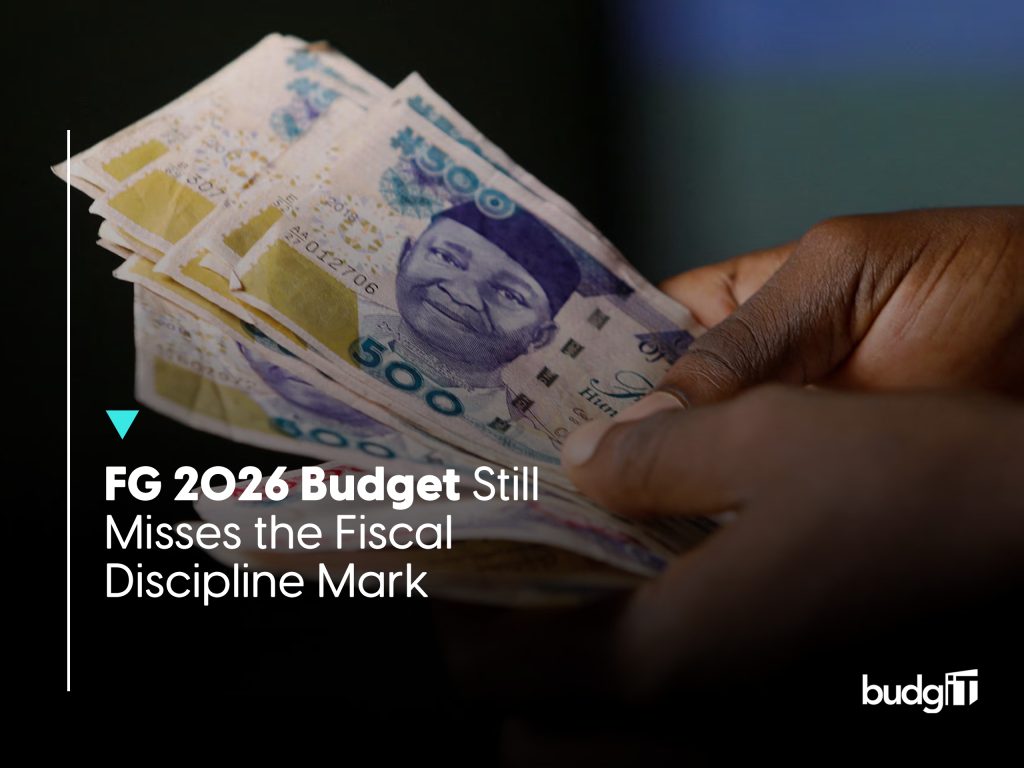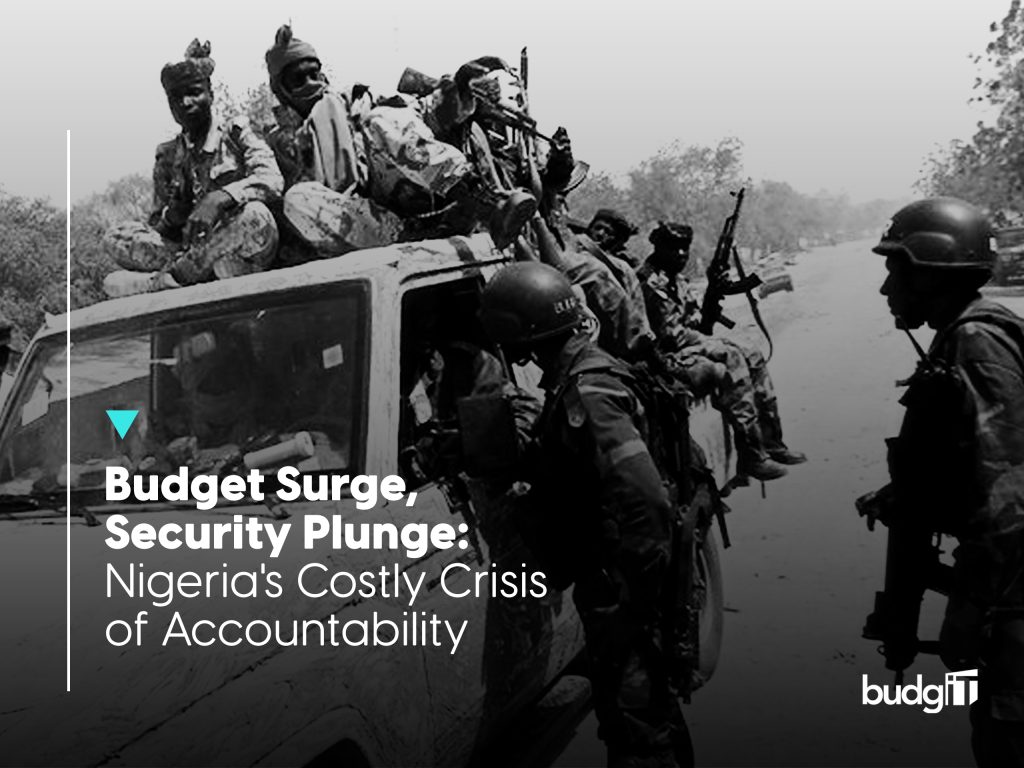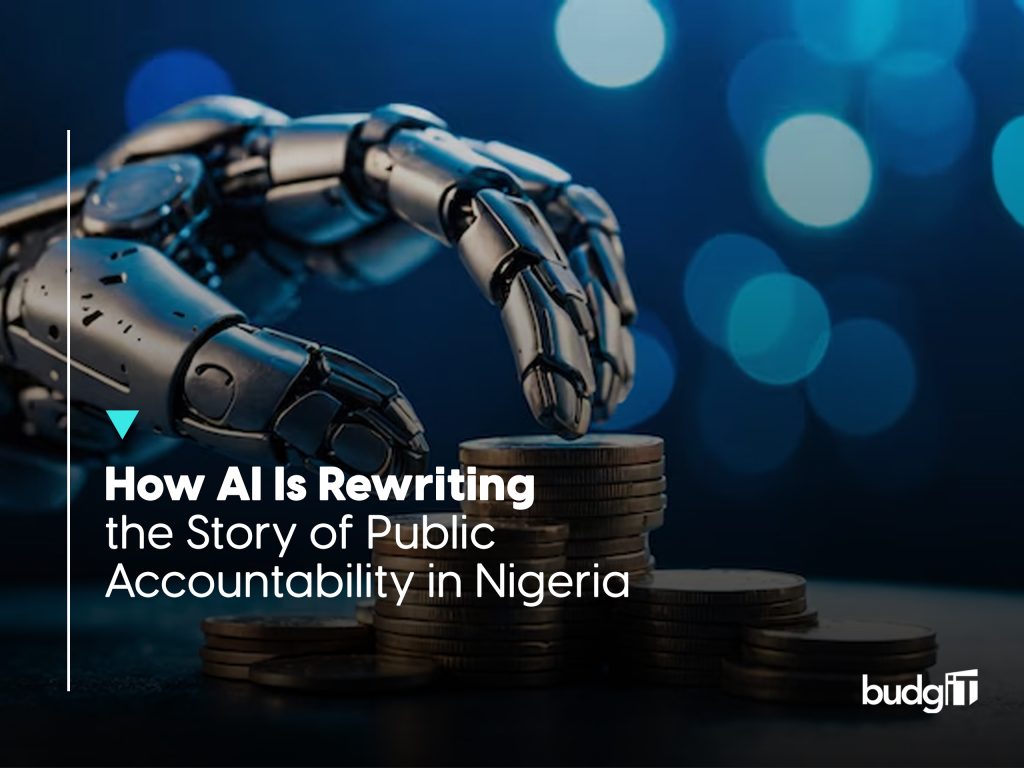Over time, the Ministries of Petroleum Resources and Mines and Steel’s practice of withholding the specifics of extractive contracts has robbed citizens of opportunities to know if the best bargains are reached and successfully implemented. This has encouraged widespread corruption in the industry, and because it can be challenging to determine who the true contract winners are and where the money goes, corruption ruses frequently rely on government contracts to conceal illicit money flows.
Every year, businesses win millions, billions, and trillions of dollars worth of public contracts. As this is no small amount, the selection process should be transparent to guarantee that all agreements are based on performance, the best deal, and the overall interests of the taxpayers—the citizens.
As such, the more beneficial ownership data we have, and the higher the quality of that data, the more expensive and challenging it will be for dishonest individuals to conceal their identities. To this end, it is safe to say that it may prove simpler to identify corruption and money laundering issues as well as prevent fraud when open contractual data and beneficial ownership are combined.
The Concept of Beneficial Ownership. The who and what? Countries have found that increasing openness about who owns corporations and other legal entities is a useful tool in the fight against corruption. Who are the real owners of extractive companies, The Beneficial Owners?
Enebi Opaluwa, BudgIT Senior Research and Policy Analyst says, “Beneficial ownership is someone who enjoys the benefits of ownership of a property, even if the property’s title is in another name. The identities of these beneficial owners are hidden from the public and government authorities for a variety of reasons.”
Knowing who has the legal authority to extract oil, gas, and minerals is crucial for mitigating corruption and conflict of interest issues in these businesses. While highlighting cases of procurement fraud, Enebi explained that N60 out of every N100 spent by the government is lost to procurement fraud according to the World Bank survey in 2000. Even more, 60% of corruption cases in Nigeria were procurement-related, as cited by the ICPC in 2016 while N825 billion has been saved since the introduction of the Act according to the Bureau of Public Procurement in 2017.
State capture, a termite in the procurement system. In Nigeria today, there are various case studies of state capture and corruption issues, and beneficial ownership transparency is the smart path to mitigate the recurrence of such. For example, between 2001 and 2019, the NDDC operated about 362 bank accounts, received N6 trillion, and awarded 13,777 contracts, but a lot of these contracts have been abandoned, and the benefits captured by vested interests. Also in May 2022, the Accountant General of the Federation of Nigeria was arrested by the Economic and Financial Crimes Commission EFCC in connection with the diversion of public funds and money laundering activities up to N80 billion, allegedly linked to deductions from the 13% derivation fund. According to the Commission, the former governor of Zamfara, Abdulaziz Yari, was also a beneficiary of the N80 billion scandal, raking in about N22 billion.
When will this end? Though certain progress has been made using beneficial ownership transparency strategy to curb corruption and state capture in Nigeria, still there’s a lot to be done. State actors need to amp their efforts through structured data collection and storage, sanctions and enforcement, an adequate verification mechanism, proper licensing process integration, an auditable database, skills mapping, capacity building, and encouraging decision-makers to build trust.
For beneficial ownership and contract transparency frameworks to play their role in providing adequate intelligence for raising red flags on suspicious transactions, relevant data needs to be collected and published in an open data, machine-readable format with a clear data schema to facilitate sharing and use. Governments should undertake full, proactive contract publication. More so, it is not enough to have adequate legal frameworks and mechanisms for beneficial ownership disclosure and contract transparency, the government needs to ensure that there are adequate sanctions and enforcement regimes. Data available in the beneficial ownership database for raising red flags on suspicious transactions is only as good as the accuracy of the information in the database. In this light, the government of Nigeria needs to make more efforts toward the verification of beneficial ownership data submitted to the database.
The Why? The growth and economic development potential of natural resources can only happen if they are managed responsibly, and this requires contracts to be transparent. Contract and procurement transparency is beneficial for the government, citizens, and investors. When governments have access to contracts from other sources, as the industry does, they are better able to negotiate terms that benefit everyone. Government agencies will have an easier time working together to monitor and enforce the contracts. Less fear of unseen blights means a more solid contract with fewer demands for renegotiation and improved community relations. Since minerals, oil, and gas found beneath the earth’s surface are considered public property in most countries, it would be undemocratic if contracts pertaining to their extraction were kept under wraps.
“When there is contract transparency, the government gains legitimacy. It also increases in government’s reputation for investors, with subsequent increases in investment, access to credit, and a decrease in investor risk. There is also an increase in popular support for contract renegotiations and reviews and an increase in information to bring to future negotiations.” Chinedu Bassey, CISLAC.
Governments are disadvantaged in negotiations with extractives businesses because of the flawed nature of the extractives market. Governments can save money, encourage long-lasting agreements between them and businesses and reduce the likelihood of corrupt practices if contracts are public. Even if the government is negotiating in the interest of its population, the asymmetry of information can lead to sub-optimal outcomes. One way to level the playing field between businesses and governments is through open contracts. Thus, the systematic publication of contracts will deter special provisions in contracts that are the product of corruption.
Also, contract openness will aid in the government’s ability to manage the industry, carry out its statutory and regulatory responsibilities and improve coordination through transparency. The citizens are not left out as well. With contract transparency, there will be an increase in contract analysis independence and the ability to compare contracts from different companies and jurisdictions. It will also strengthen community agencies and improve beneficiation, reduce conflict, and build trust between host communities and companies. It will increase their knowledge of how to analyze government decisions and find information about public resources management. It will also reduce corruption and create an unequal distribution of wealth as contracts will focus on national development
The How? The Petroleum Industry Act, PIA provides for the NNPC, the Nigerian Upstream Petroleum Regulatory Commission, and the Nigerian Midstream and Downstream Petroleum Regulatory Authority to publish contracts and beneficial ownership information while the Companies and Allied Matters Act also provides for the Corporate Affairs Commission to collect and publish beneficial ownership information. Thus, it is important for civil society and the media to test the Freedom of Information Act with the NNPC Ltd thereby pushing further the scope for accountability in the post-PIA regime. Civil society and accountability institutions within the government should also monitor to ensure that these entities are doing what is expected, and follow up to give sanctions for defaulting companies and agencies. Also, information that enables investors, policymakers, and citizens to understand and address the significant financial risks of the energy transition for extractive-revenues-dependent companies and countries needs to be disclosed.
Companies need to adopt disclosure policies and proactively disclose both the policies and the actual contracts on their websites. Section 3 of the Nigeria Extractive Industries Transparency Initiative (NEITI) Act 2007 should be amended to make NEITI a depository for contracts, licenses, and permits in the sector and give it a legal role in managing a publicly accessible portal for such documents. Also, the new agencies under the PIA need to step up to the plate on contract disclosure. So far, it has been a lot of motion and no action in this area.



